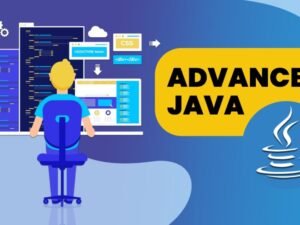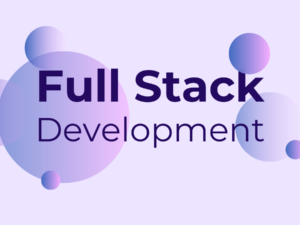RDBMS
Instructor
ashish
- Description

Price – 7,000 Rs.
About the Course
The RDBMS course provides an in-depth understanding of relational databases, which are a core part of data management systems used in many industries. The course covers key concepts such as database design, normalization, SQL (Structured Query Language), and the essential components of relational databases like tables, views, indexes, and stored procedures. It equips learners with the skills to manage and manipulate relational databases efficiently, focusing on real-world applications, performance optimization, and ensuring data integrity.
Why RDBMS?
Relational Database Management Systems (RDBMS) are foundational to modern data management, and they are widely used for handling structured data in organizations.
- Data Integrity: RDBMS ensures data consistency and accuracy through ACID properties (Atomicity, Consistency, Isolation, Durability).
- Standardized Query Language: SQL, the standard query language for RDBMS, is widely used and is crucial for interacting with databases in almost every software application.
- Scalability: RDBMS are highly scalable and can handle large datasets while ensuring fast query performance through indexing and optimization techniques.
- Security: RDBMS offers a robust security model that allows you to control access to sensitive data at different levels, from individual rows to full databases.
- Widely Used: Major industries such as finance, healthcare, e-commerce, and more rely heavily on relational databases, making RDBMS knowledge a highly valuable skill in today’s job market.
Benefits of the Course
- Gain a deep understanding of relational database concepts, including schema design, data integrity, and data modeling.
- Learn SQL in-depth and gain the ability to write complex queries for querying, inserting, updating, and deleting data.
- Understand how to design efficient and normalized database schemas, preventing redundancy and ensuring optimal performance.
- Build and manage real-world databases, from setting up tables to querying large datasets, and solve data-related problems in different applications.
- With RDBMS expertise, you will be well-equipped for roles such as Database Administrator (DBA), Data Analyst, Software Engineer, and Systems Architect.Learn about indexing, query optimization, and database tuning techniques to improve the efficiency of data retrieval and storage.
Course Content
- Introduction to Databases and RDBMS
- Database Design
- Normalization and Denormalization
- SQL Basics
- Advanced SQL Queries
- Indexes and Views
- Transactions and Concurrency Control
- Stored Procedures, Functions, and Triggers
- Backup, Recovery, and Data Security
- Database Performance Tuning
- Database Maintenance and Administration







